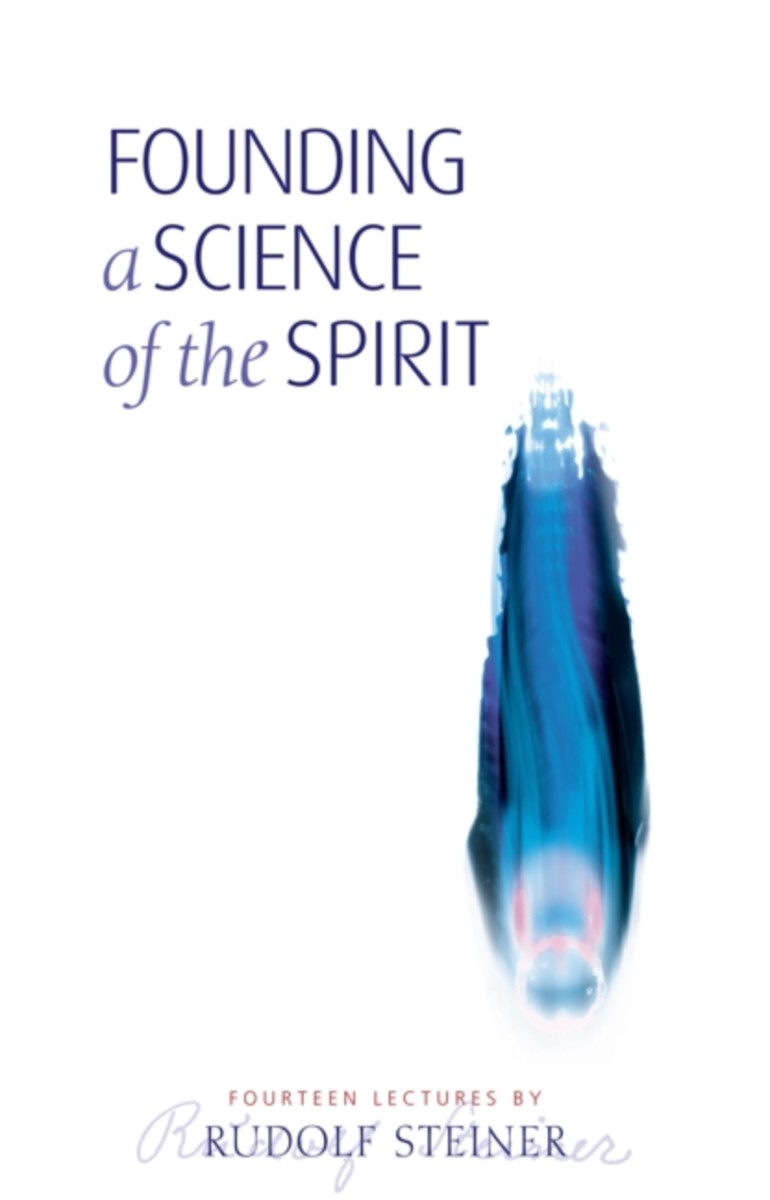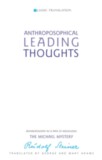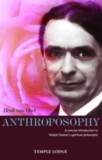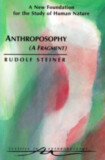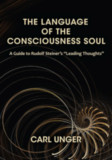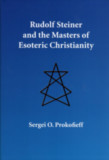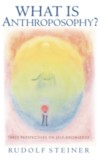Founding a Science of the Spirit
(CW 95)
- Publisher
Rudolf Steiner Press - Published
1st December 1999 - ISBN 9781855840775
- Language English
- Pages 168 pp.
14 lectures, Stuttgart, August 22 to September 4, 1906 (CW 95)
These lectures offer a fine introduction to the whole of Steiner's teaching. He speaks of the fundamental nature of the human being in relation to the cosmos, the evolution of the Earth, the journey of the soul after death, reincarnation and karma, good and evil, the modern path of meditative training, as well as giving answers to individual questions.
Throughout the text, Steiner emphasizes the scientific exposition of spiritual phenomena. As he says in his final lecture, "The highest knowledge of mundane things is thoroughly compatible with the highest knowledge of spiritual truths."
This volume is a translation from German of Vor dem Tore der Theosophie GA 95). Previous translation: At the Gates of Spiritual Science
C O N T E N T S:
Introduction by Brien Masters
1. The Being of Man (Aug. 22, 1906)
2. The Three Worlds (Aug. 23, 1906)
3. Life of the Soul in Kamaloka (Aug. 24, 1906)
4. Devachan (Aug. 25, 1906)
5. Human Tasks in the Higher Worlds (Aug. 26, 1906)
6. Child Development and Education: Karma (Aug. 27, 1906)
7. Workings of the Law of Karma in Human Life (Aug. 28, 1906)
8. Good and Evil: Individual Karmic Questions (Aug. 29, 1906)
9. Evolution of the Earth (Aug. 30, 1906)
10. The Evolution of Mankind up to Atlantean Times (Aug. 31, 1906)
11. The Post-Atlantean Cultural Epochs (Sep. 1, 1906)
12. Occult Development (Sep. 2, 1906)
13. Oriental and Christian Schooling: Initiation (Sep. 3, 1906)
14. Rosicrucian Schooling—Interior of the Earth—Earthquakes and Volcanos (Sep. 4, 1906)
Answers to Audience Questions (Sep. 2, 1906)
Answers to Audience Questions (Sep. 4, 1906)
Notes and References
Rudolf Steiner
Rudolf Steiner (b. Rudolf Joseph Lorenz Steiner, 1861–1925) was born in the small village of Kraljevec, Austro-Hungarian Empire (now in Croatia), where he grew up. As a young man, he lived in Weimar and Berlin, where he became a well-published scientific, literary, and philosophical scholar, known especially for his work with Goethe’s scientific writings. Steiner termed his spiritual philosophy anthroposophy, meaning “wisdom of the human being.” As an exceptionally developed seer, he based his work on direct knowledge and perception of spiritual dimensions. He initiated a modern, universal “spiritual science” that is accessible to anyone willing to exercise clear and unbiased thinking. From his spiritual investigations, Steiner provided suggestions for the renewal of numerous activities, including education (general and for special needs), agriculture, medicine, economics, architecture, science, philosophy, Christianity, and the arts. There are currently thousands of schools, clinics, farms, and initiatives in other fields that involve practical work based on the principles Steiner developed. His many published works feature his research into the spiritual nature of human beings, the evolution of the world and humanity, and methods for personal development. He wrote some thirty books and delivered more than six thousand lectures throughout much of Europe. In 1924, Steiner founded the General Anthroposophical Society, which today has branches around the world.


